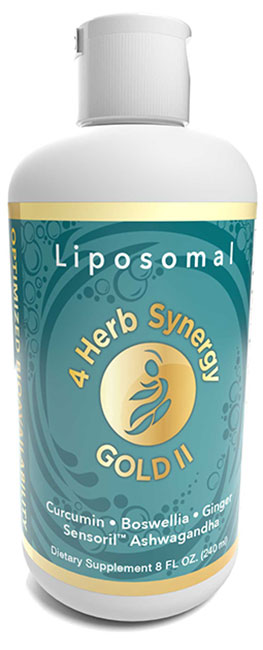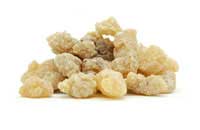When we formulated 4 Herb Synergy Gold II, we were careful to select only the best sources of herbs, to select the right type of formulation (liposome), and we also made sure that our herbs were standardized. You may not realize this, but when you buy an herb or a supplement, you may not be entirely sure of what you get. Herbs vary in efficacy depending on their growing conditions.
Standardization is the process of ensuring that an herbal supplement consistently contains a specific concentration of its active compounds. This guarantees potency, efficacy, and reliability in every dose. Here’s more information on what it is and why it matters.
Why Standardization Is Important
It is true that herbs have been used for centuries in traditional medicine. However, because of issues like poor growing conditions, questionable harvesting practices, and poor preparation methods, the effectiveness of herbal remedies often varies. The process of standardization is necessary to guarantee that each serving or capsule of a supplement provides the desired effects.
This issue can be helped and fixed through a process called standardization. Manufacturers can create supplements that are more reliable by separating and quantifying particular bioactive ingredients. This is especially important for customers who depend on herbal supplements to treat long-term illnesses because varying concentrations of active ingredients can produce uneven outcomes.
How Standardization Works
With standardization it is important to identify the active compounds that are responsible for an herb’s therapeutic effects. For example, with Turmeric the compound to target is Curcumin, in Ashwagandha, the target are anolides, and with Boswellia, it’s AKBA, or acetyl-11-keto-β-boswellic acid. Once the compounds are known, testing methods are used to ensure each batch of the supplement contains a standardized amount.
Another thing to consider is that bioavailability, or the body’s capacity to absorb and use the active ingredients, is an important part of the process. This is because certain herbs, such as boswellia and curcumin, have a low bioavailability by nature. This implies that the body may not absorb enough of a supplement to produce therapeutic effects, even if it is standardized.
This is where delivery methods like liposomal nano-delivery are useful. Manufacturers can greatly improve absorption and guarantee that the standardized active ingredients reach their intended location in the body by encapsulating the standardized compounds in tiny lipid-based carriers.
Giving Consumers an Advantage
Standardization gives customers peace of mind. Selecting a standardized herbal supplement means choosing a product that is supported by exacting scientific testing and strict quality control. Regardless of whether you’re taking the supplement for inflammation, stress reduction, or general wellness, you can rely on the label’s claims because it consistently provides positive effects.
Modern science and traditional herbal knowledge can be reconciled through standardization. It guarantees that the medicinal properties of herbs are used in a consistent, quantifiable manner. Knowing the value of standardization can help you make wise decisions and make sure that the products you use to support your wellness journey are reliable, regardless of how long you’ve been taking herbal supplements.
At Synergy Bioherbals, that is our goal. Visit this page for more information – https://synergybioherbals.com/




